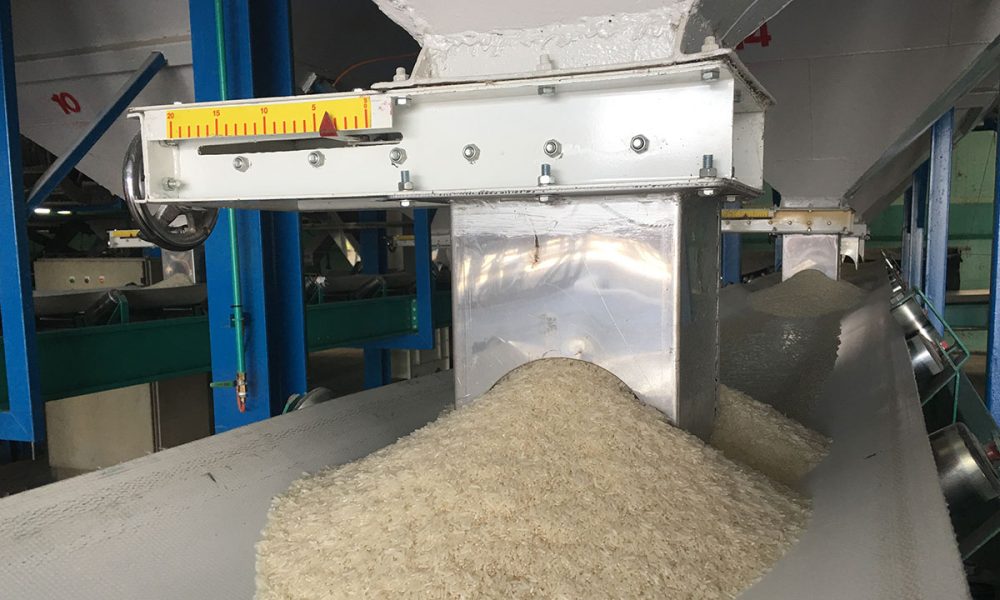
The rice mill machine is an important tool used in the agricultural industry for converting rice grains into edible form. These machines are designed to remove the external surface and polish the rice to produce high-quality, ready-to-cook end products that are suitable for consumption.
The process involves several stages, such as cleaning, dehusking, whitening, and polishing, which are efficiently carried out by different machine elements. The key to successful rice production lies in choosing the right rice mill machine, which ensures effective processing, high-quality output, and continued profitability.
When it comes to investing in a rice mill machine, it’s important to do a thorough exploration and understand the specific requirements of your business. In this article, we’ll explore six important features to look for when choosing a rice mill machine.
Milling Capacity
The milling capacity of a rice mill machine shows how much rice it can handle in a certain amount of time. When picking a machine, you should choose one that can process enough rice to meet your needs.
Consider factors such as the size of your operation, expected output, and processing volume to determine the ideal milling capacity for your needs. These factors will help you find the right machine with the perfect rice processing speed for your requirements.
Milling Efficiency
Choose a rice mill machine that works well to help you get rice quickly and without wasting time. Look for machines with strong motors and advanced milling systems. These features help the machine process rice grains efficiently and produce rice of the same good quality every time.
Versatility
An adaptable rice mill machine is capable of processing different types of rice varieties, including long-grain, medium-grain, and short-grain rice. These machines can change settings and components to suit different types of rice and processing methods. So, it’s important to choose a machine that can handle different rice types and processing needs by adjusting its settings and parts accordingly.
Grain Quality
Ensuring that the rice you get at the end is of high quality is important when you’re milling rice. So, when you’re selecting a rice mill machine, it’s crucial to choose one that focuses on making sure that the rice is of top-notch quality.
This means it should try to avoid breaking the grains, preserve the nutrients in the rice that make it healthy, and make sure all the rice grains look shiny. To do this, you’ll want a machine that handles the rice gently, has advanced polishing systems to make it shiny, and can sort the rice accurately to make sure it’s all good quality.
Ease of Operation
Choose a rice mill machine that’s easy to use, especially if you’re not very experienced with technical settings or if you don’t have any staff to help you. Look for machines with simple controls, a comfortable design, and automatic features that make it easier to use and less likely to make mistakes or cause accidents when you’re using it.
Durability and Reliability
When you’re buying a rice mill machine, make sure it’s strong enough to handle continuous operation without breaking down. Look for machines made from high-quality materials and durable parts.
Also, check if the company offers a good warranty and has good customer support after you buy it. The manufacturer should be well-known for making machines that last a long time without any problems.
Choosing the right rice mill machine is important for achieving efficient processing and high-quality output in rice production. By prioritising features such as milling capacity, efficiency, versatility, grain quality, ease of operation, durability, and reliability, rice producers can select a machine that meets their specific needs and delivers optimal performance in their operations.
By carefully evaluating these features, one can select a high-quality rice mill machine that meets their specific needs and ensures efficient rice processing operations.















